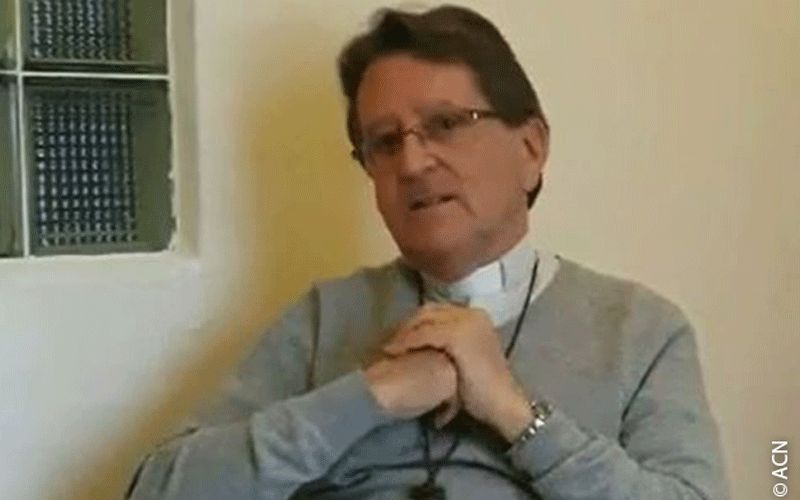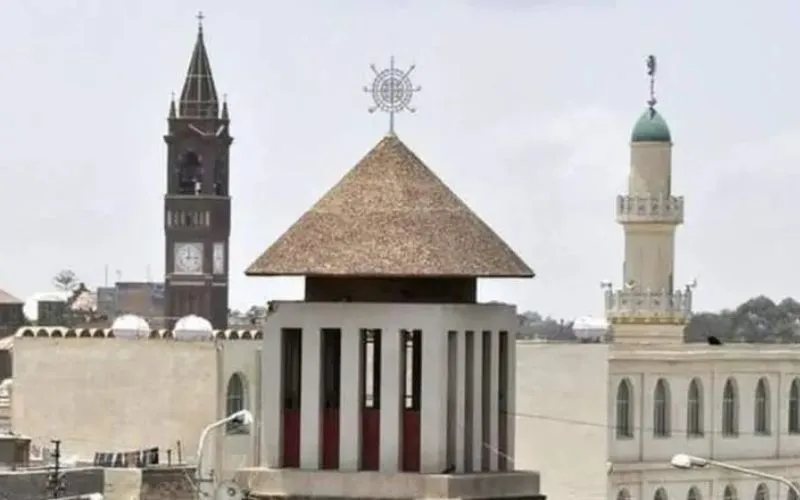He explained, “We have a team made up of religious leaders – Muslims, Protestants, Catholics, Methodists and some others – and we meet regularly so that we try to create a bond amongst ourselves and if we foresee something that is not going right, we discuss it to prevent the situation worsening.”
The Muslims leaders, Bishop Alessandro said, “try to tell their people that the Christians are their brothers; although there are differences, we have to live together as brothers and sisters. I think we are trying to do our best.”
The member of the Order of Friars Minor Capuchin (OFM Cap.) added, “We try to keep our people calm. We have to go forward. These are extremists, not everyone is like that. So, we try, for our part, to educate our people to differentiate between the terrorists and those who are not terrorists, Muslims also.”
Observers described the attack as the deadliest in Kenya since the U.S. Embassy bombings in the capital city, Nairobi that took place in 1998, claiming at least 213 lives.
Most of those killed during the Garissa University attack were students, with a media report indicating that those who succumbed to gunshot wounds included three solders, three staff and 142 students.
“This event happened exactly five years ago; it was a very sad event. If I remember well, there were about 148 students who lost their lives. They were all Christians from various denominations,” Bishop Alessandro, a native of Malta told ACN’s Grace Attu during the April 6 interview.
He described the deadly attack as “a shock to the whole nation especially to the Church in Garissa because there were Catholics amongst them whom we knew used to come to our Church on Sundays. I used to go to the university campus to celebrate Mass and hear confessions. I admired them so much because they were very active.”
“Although we had that experience, we thank God that now things have returned almost to normal, even though there are still some sporadic attacks from these terrorist groups in our Diocese,” the 75-year-old Maltese Prelate said and recalled, “These last two months there have been about 16 of these incidents and attacks, about 60 people lost their lives because of these attacks.”
Kenya’s Garissa diocese neighbors Ethiopia on one side and Somalia on the other. Its close proximity to jihadist-dominated Somalia makes the area prone to sporadic terror attacks from the Al-Shabaab insurgents who take advantage of the porous borders to cross into Kenya and use the area as a hideout.
At 143,000 square kilometres, the diocese is the largest in Kenya “but the faithful are few in number because it’s a semi-desert,” Bishop Alessandro said, adding that his diocese is made up of seven parishes that are “very much scattered one from another.”








